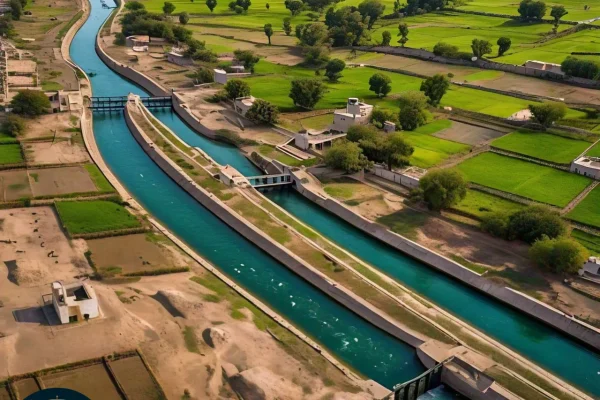
The Role of Environmental Catastrophes in the Fall of Empires: How Nature Shaped History
Environmental catastrophes, from prolonged droughts to resource depletion, have played a critical role in the decline of powerful empires throughout history. From the Maya and Roman Empires to the Akkadian and Khmer civilizations, this article explores how climate change, natural disasters, and environmental stress contributed to their collapse, highlighting the profound impact of nature on human societies.













